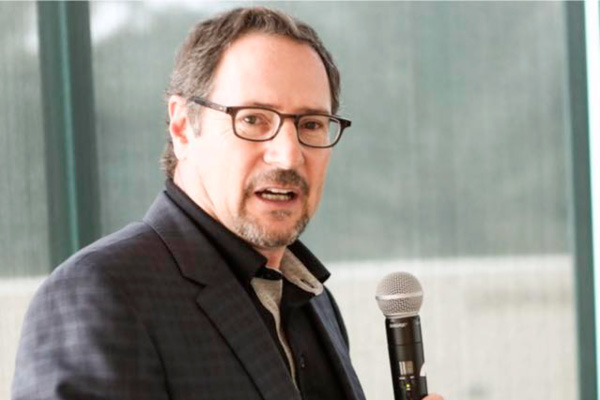Dean Z. Myers: Drinking It All In

Dean Z. Myers is vice president, global supply chain, technical operations and business development, The McDonald’s division of The Coca-Cola Company
Responsibilities: Leading the business and relationships in supply chain, technical functions, and business development for Coca-Cola’s global business with more than 35,000 McDonald’s restaurants in 115 countries. Accountable for creating value for McDonald’s, consumers, and Coca-Cola.
Experience: Management positions with Coca-Cola; board member, President’s Council, University of Miami; board member, Atlanta Children’s Shelter.
Education: BBA, marketing, University of Miami, 1979; MBA, University of Miami, 1981
The saying “do the work that matters most” is popular, but almost everyone has a different idea of what matters most. Our fundamental challenge is gaining alignment on what’s most important to customers so we can set relevant goals, allocate resources appropriately, and achieve meaningful results.
For example, I once worked with a customer and believed quality mattered most to them, so that’s where we focused our efforts to serve them. It turned out the customer was more concerned with something else. Once we uncovered what mattered most, we refocused our energies to fully meet the customer’s needs.
Another priority is uncovering which markets matter most to customers. It’s inefficient for suppliers that serve large national or global customers to spend the same amount of time and resources on every market where the customer operates. In that situation, it’s important to prioritize the markets that are most important to the customer’s business.
While I’m proud of delivering great results, it’s also a core expectation within a high-performance organization. I’m most excited that I’ve created a way of thinking that, when applied, creates better and faster results, and with less stress.
Although we hire great people with vast expertise and education, projects and initiatives still sometimes get derailed or take too long. To address this, I developed a model of applying key, universal principles to my interactions with others.
One principle is “Make the invisible visible.” That is, uncover the unspoken need. Every person or company you interact with has three things in mind, whether consciously or unconsciously: things they’re for, things they’re against, and the specific situation they’re in at the time.
As powerful as those private influences are, however, they are almost never shared. To uncover them, you have to care enough to ask the right questions and take the time to explore the answers.
I applied this approach to discover a customer’s need that was completely unexpected and unidentified. Once I did, I was able to make a business deal that solved the customer’s problem and increased sales of Coca-Cola products to that customer.
Twenty years ago, I took an assignment to reinvent a global juice business within Coca-Cola. It required me to become deeply engaged in the supply chain—from the orange groves in Florida and Brazil to the consumer. I loved it because it incorporated the essence of the business. If products can’t be produced at a competitive price with the right attributes and quality, everything else is just talk.
For the future, I’m focused on finding new ways to create more value, faster. This can mean leading teams to become OK with saying ‘no’ to good ideas so they can say ‘yes’ to great ones. It’s a discipline.
The most important work for a supply chain leader is building a great team that is willing to be on the job 24/7. Challenges need fast solutions and don’t always happen when it’s convenient. I’m fortunate to have a great team that cares deeply about our customers and our business.n
The Big Questions
What kind of kid were you in high school?
I related to many different groups: the kids going to Ivy League schools (I was not), the kids who liked to party, the kids who were ball players. Today, in a corporation with a global footprint, valuing differences is important.
What’s the best supply chain advice you ever received?
People do business with people. There will never be an app to develop relationships.
What counter-intuitive advice have you found helpful?
Never ask a question beginning with ‘why,’ as it can automatically create an unnecessary defensive response. I rephrase questions to avoid the word.
What book has left an impression on you?
Essentialism: The Disciplined Pursuit of Less by Greg McKeown resonated with me for all aspects of my life. It’s clearly not just a business how-to book.
